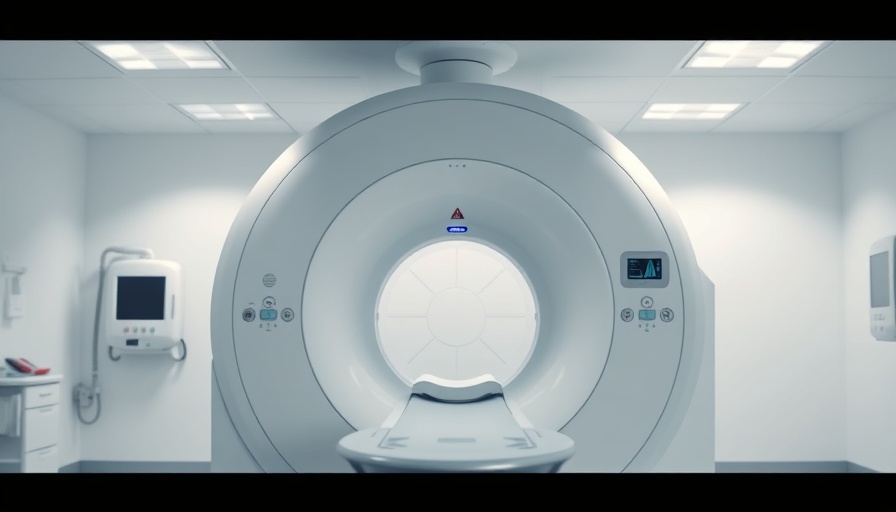
The Discrepancy Between Social Media Hype and Medical Reality
In today's digital age, influencers wield significant power, particularly when it comes to health and wellness narratives. A revealing analysis of nearly 1,000 social media posts related to five widely discussed medical tests has shed light on a troubling trend: the majority of these posts are misleading. That’s right—most portrayals of these tests fail to mention significant risks and drawbacks, presenting a dangerously skewed picture of medical care.
The Tests Under Scrutiny
The five tests analyzed—most notably, full-body MRI scans—have been touted as essential for early disease detection. Posts from celebrities like Kim Kardashian have significantly contributed to the proliferation of this misinformation. While these scans can identify certain conditions, they often offer little benefit to healthy individuals. In fact, the risks associated with such testing often outweigh potential advantages. For instance, there's a significant risk of overdiagnosis, meaning that patients might receive diagnoses for conditions that would never have caused symptoms or led to health issues—even leading to unnecessary treatments.
The Role of Influencers and Financial Incentives
Research indicates that over two-thirds of the social media posts examined came from accounts with financial partnerships tied to the products they promote. This trend poses a serious question about the integrity of health information disseminated across platforms like Instagram and TikTok. With such immense reach, the influence of these posts can lead to increased public demand for unnecessary testing, which in turn contributes to systemic issues within healthcare.
A Global Health Crisis of Overdiagnosis
At the heart of the issue is the concept of overdiagnosis, which results in unnecessary stress for patients and wasteful resource allocation within health systems. Estimates show that up to 29,000 cancers are overdiagnosed annually in Australia alone, underscoring how critical it is to scrutinize the information that shapes public perceptions of health testing. As high-profile endorsements proliferate, it becomes even more vital for healthcare practitioners to stand vigilant against these misleading messages.
Staying Informed: Navigating the Social Media Minefield
For concierge health practitioners dedicated to patient welfare, navigating the social media landscape requires an understanding of both the potential harms of medical tests and the forces driving misinformation. Practitioners can equip themselves with strategies to counteract misconceptions and provide patients with accurate, science-backed information.
What Practitioners Can Do
Educating patients about the risks of overdiagnosis associated with these tests is imperative. Encourage a critical approach to social media medical advice: assess the credibility of sources, verify claims against reputable studies, and consider the possibility of bias stemming from financial ties. Providing clear, accessible resources for your patients can foster better decision-making about their health.
Call to Action: Promote Media Literacy
As professionals, it's crucial to lead initiatives that bolster media literacy regarding health information. Foster discussions around recognizing misleading claims in medical advertising. Together, we can cultivate a more informed patient population equipped to critically evaluate the wealth of information available online.
Influencers can spread misinformation with alarming speed, but through vigilance and education, we have the power to counteract these narratives. Educate your patients today and help them take control of their health in a safe and informed manner.
 Add Row
Add Row  Add
Add 




Write A Comment